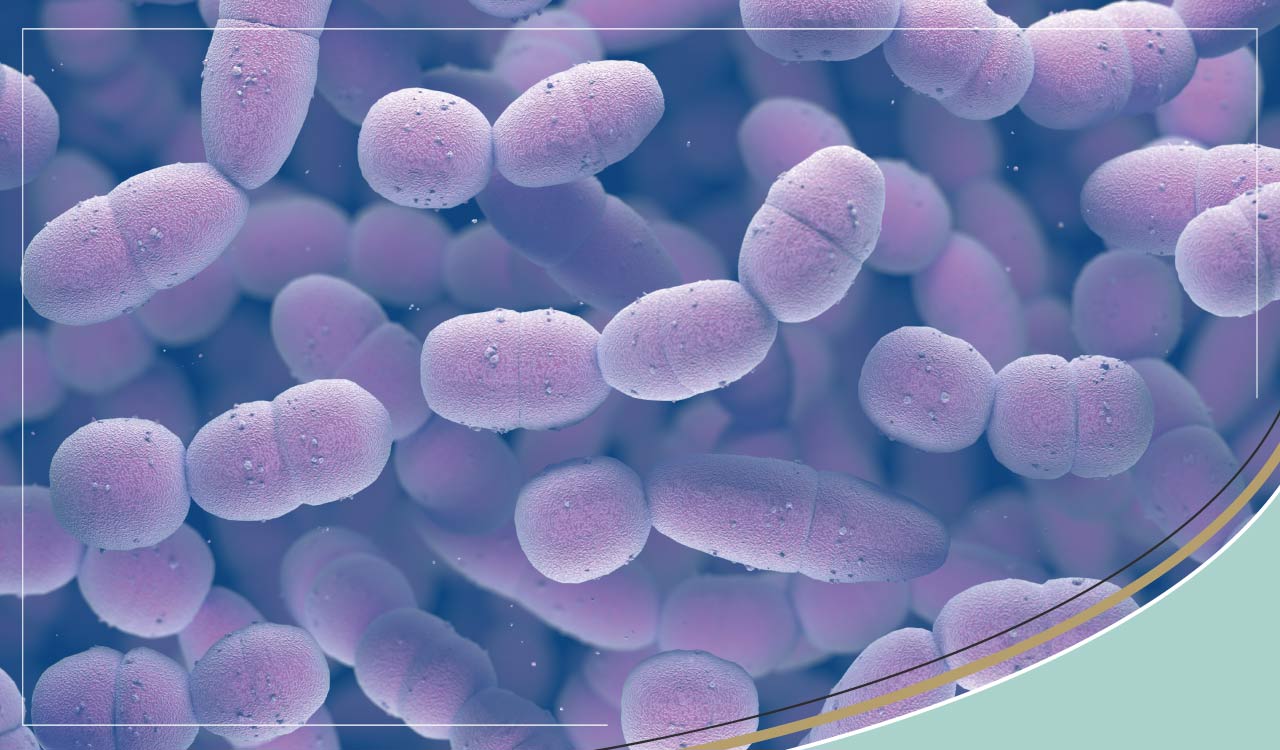Bacteria strains which can cause a UTI

Urinary tract infections (UTI's) are likely to affect 50% of people in the course of their lifetimes. Untreated UTIs can result in serious complications such as kidney infection and long term damage to the kidneys. UTIs can affect different parts of your urinary tract, including the bladder (cystitis), urethra (urethritis) or kidneys (kidney infection).
- Lower urinary tract infection is an infection at or below the level of the bladder. It is often referred to as cystitis,' a syndrome characterized by pain dysuria (burning urination), frequency, urgency, night time frequency, and a dragging feeling low down sometimes in to the thighs.
- Upper urinary tract infection refers to infection of the urinary tract above the level of the bladder: that is, the ureters and the kidneys,
- Kidney infection (acute bacterial pyelonephritis) is a medical emergency that presents as fever, pain, leukocytes protein and bacteriuria in the urine and is usually accompanied by nausea or vomiting.
Bacterial Strains that can cause UTI's:
- Escherichia. E. coli is responsible for most uncomplicated cystitis cases in women, (around 85- 90%). E. coli is generally a harmless microorganism originating in the intestines.
- E. coli is thought to be the cause of 70% to 90% of episodes of acute cystitis in sexually active younger women...
- Staphylococcus accounts for 5 - 15% of UTIs, mostly in younger women.
- Klebsiella, Enterococci bacteria, and Proteus mirabilis account for most of remaining bacterial organisms that cause UTIs.
- Rare bacterial causes of UTIs include ureaplasma urealyticum and Mycoplasma hominis, which are generally harmless organisms.
- Organisms in Severe or Complicated Infections *The bacteria that cause kidney infections (pyelonephritis) are generally the same bacteria that cause cystitis. There is some evidence, however, the E. coli strains in pyelonephritis are more virulent (able to spread and cause illness).
- Fungal organisms, such as Candida species. (Candida Albicans causes the "yeast infections" that also occur in the mouth, digestive tract, and genitalia.)
- Other bacteria associated with complicated or severe infections include Pseudomonas aeruginosa, Enterobacter, and Serratia species, gram-positive organisms (including Enterococcus species), and S.saprophyticus.
UTI Symptoms:
- Strong and frequent urge to urinate
- cloudy or foul-smelling urine
- dysuria (pain or a burning sensation when urinating)
- nausea and vomiting
- muscle and abdominal pains
Symptoms of a UTI can, of course, vary depending on age, health, gender, catheter use, and what part of the urinary tract has been infected.
Antibiotics and UTI's
Historically, we have been lucky enough to have powerful antibiotics to eradicate dangerous bacteria but:
"the problem is that bacteria are immensely adaptable critters. Expose them to antibiotics long enough and they'll evolve ways to survive the drugs."
Source - Abigail A. Salyers - University of Illinois.
Testing for bacteria at the lab
A Urinalysis is a test of your urine. Urinalysis is used to detect a wide range of disorders, such as urinary tract infections, kidney disease and diabetes.
A Microscopy looks at a sample of your urine under a microscope. It looks at cells from your urinary tract, blood cells, crystals, bacteria, parasites, and cells from tumours, should they exist.
The microscopic examination is usually performed if the physical or chemical examination shows abnormal findings. The urine sample is centrifuged so that the concentrated substances can be isolated and studied under the microscope where substances such as crystals and cells can be counted.
How to collect a Urine Sample
- Cleanse the urinary opening.
- Urinate into the toilet.
- Use a clean collection container and pass it under into your mid-stream urine.
- Finish urinating into the toilet.
- Deliver the sample to your doctor within the hour or refrigerate.
 Free Royal Mail 24 Tracked Delivery - Spend £10+
Free Royal Mail 24 Tracked Delivery - Spend £10+
 Support 01904 789559 - 20+ Years Expertise
Support 01904 789559 - 20+ Years Expertise
 Rated 5 out of 5 on Trustpilot
Rated 5 out of 5 on Trustpilot

















